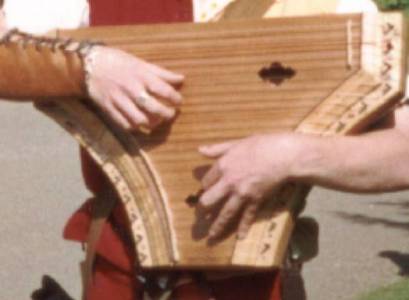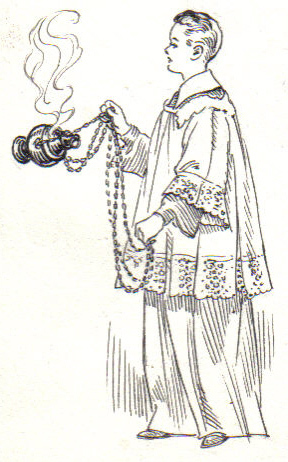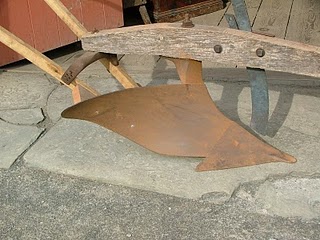| Astrolabe in Use |
| Wikipedia on the Astrolabe |
 Psaltery being played. |
| Wikipedia article on the Almagest |
 Censer with a censer. |
 The coulter is mounted in front of the plowshare. |
| NAVIGATION: | Index of Dr. Weller's Class Material | Index of Chaucer Material |
|
The Miller's Tale (pp.207-243):